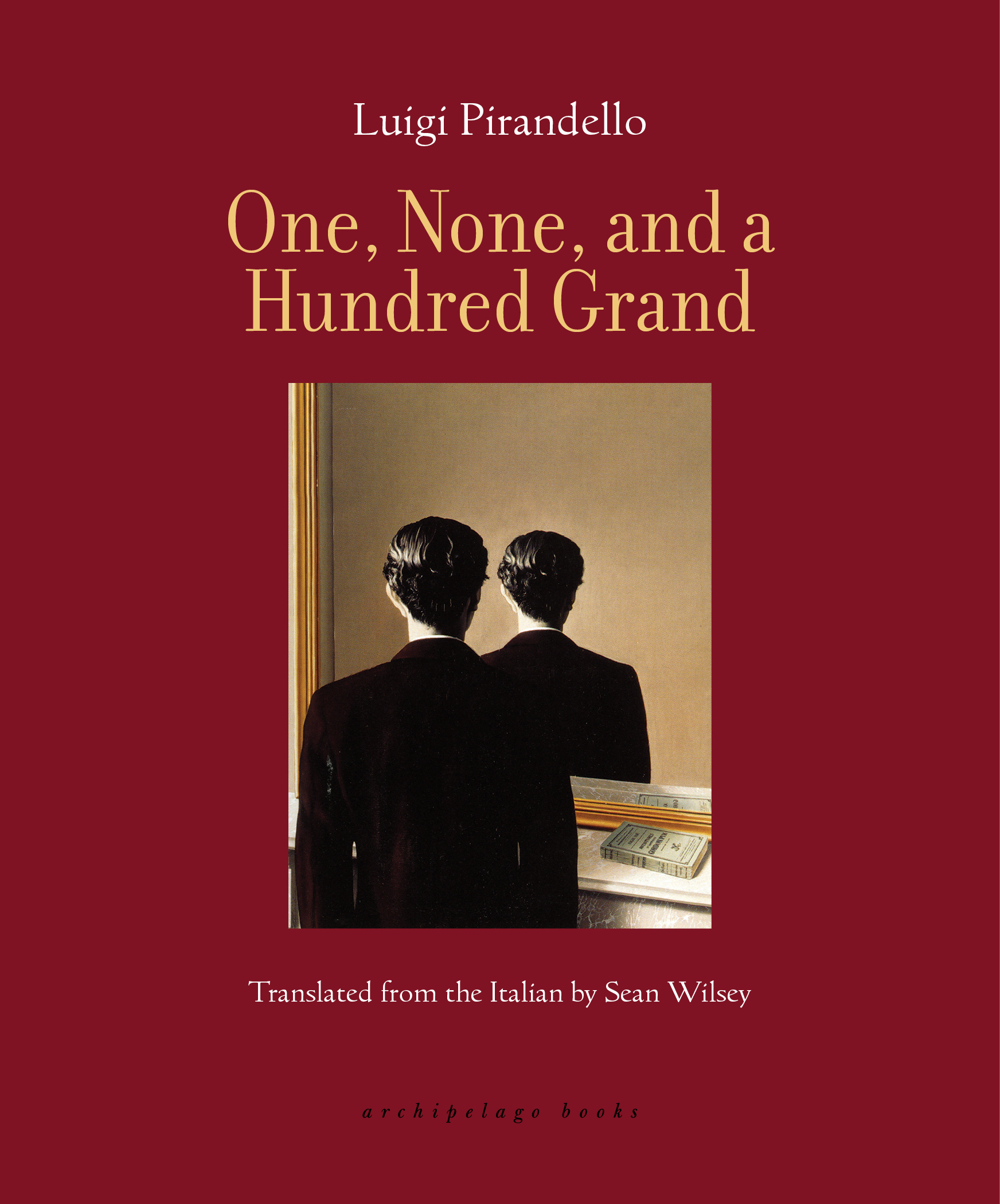My Wife and My Nose
“What’re you up to?” my wife inquired, as she watched me hover uncharacteristically before the mirror.
“Nothing,” I replied. “Or just looking up my nose. Inspecting this nostril. Pressing on it brings out a little hint of pain.”
“Oh,” she laughed, “I thought you were trying to figure out which way you lean.”
I wheeled on her like a dog with a smashed tail. “I lean? Like, I’m off-plumb…? Nasally? Me?”
“Mmm-hmm, darling,” came the better half’s smug reply. “Take a good look at yourself. You lean right.”
I was twenty-eight years old and till then had held my nose to be, if not beautiful, at least wholly inoffensive, in keeping with the rest of me. And I found it easy to sustain the conviction—like most people lucky enough to inhabit a serviceable body—that it’s ridiculous to be vain about your features. So the sudden and surprising discovery of this flaw pained me like an undeserved punishment.
I guess my irritation offered my wife some sort of an in, because she quickly added that if I’d been placating my ego with the delusion that I was flawless she would see to it that I was set straight, since when it came to a rightward tilt my nose was scarcely a solo actor.
“So there’s more? Like what?”
“Ha, more.”
More! My eyes were crowned by brows like circumflex accents—^^—and my ears were off-kilter, one more exorbitant than the other, and as far as defects went we were just getting started.
Like?
Like that little finger; those legs (oh, no, don’t tell me they’re bowed)—well, my right one was visibly more contorted than the other one, no question, just around the knee.
And upon close examination I had to concede the accuracy of all these observations. Whereupon, just as I was swapping complacency for pain and humiliation, my wife had the gall to say I shouldn’t be too concerned, because, myriad flaws aside, when all was said and done I was basically a good looking guy; and my annoyance became astonishment.
Do you go along with it when the edict Take it as a blessing! is accompanied by the stripping away of what has always been a right?
Delivering the most noxious of all possible thank-yous, and, reassuring myself that none of this was cause for grief or degradation, I dismissed these trivial defects, focusing instead on the fact that till then I’d lived without replacing my nose, with none other than this very one, these same eyebrows and these ears, these hands and legs; I’d had to wait till I was married to learn that they were all defective.
Wonders never cease! And yet there’s surprisingly little said on the topic of wives as bespoke creatures, tailor-made to expose the flaws of husbands.
I’m all for wives. But my sense of self was—you’ll indulge me—vulnerable to collapse (at the least critical utterance, with each fly I saw buzz by) into a morass of doubt and second guesses, leaving me cored out and compressed into a kind of psychological drainpipe, beyond the confines of which I could apprehend nothing.
Oh, you say, you’ve got a lot of time on your hands.
No, not with my constitution. If not for that, yes. And I can’t deny that I do do my fair share of loafing. I’m rich, with two trusted friends, Sebastiano Bottomline and Stefano Sly, who’ve seen to my affairs since the death of my father; my father being a man who, no matter how much he wrestled with the good and the bad, never succeeded in convincing me of a damn thing beyond the fact that I should get married (which I did, at a very tender age), maybe with the hope that I would immediately have a little boy who didn’t look at all like me—and the poor man didn’t get so much as that.
Nope, I foiled any plan to take the path my father had walked. I took all the paths. Though I didn’t walk them, but hesitated with every step, first wandering onto the shoulders, then looking down to examine every little rock I came across, granting each of them the proportions of insurmountable mountains, or of other worlds where I might have taken up residence. There I was, poised on the precipice of a plenitude of paths, my spirit encompassing worlds…or pebbles indistinguishable from worlds. But it didn’t seem to me that those passersby who’d gone the whole distance knew all that much more than I did.
They had left me behind, no doubt on that score, all braying like so many little asses; but then at the end of their roads they discovered a cart, a cart of their very own, to which they ever-so-complacently permitted themselves to be hitched, and were all now pulling along. But not me, I wasn’t pulling any cart, and I’d refused bridle and reins. And though I think I saw more than they did, my own destination was a mystery to me. Now, returning to the subject of tiny corporeal defects, they took on significance, all of them, suddenly, with the realization that their presence implied—was it possible?—that I did not know my own body; the components that comprised the most personal expression of myself: nose, ears, hands, legs. So I began to look them over, to examine myself.
My evil begins here. An evil that might’ve speedily reduced me to such a pathetic spiritual and physical state that death or insanity would have been the only logical means of egress, had I not found this evil to contain (as I will make clear) an elixir that would make me whole.
__________________________________
From One, None, and a Hundred Grand by Luigi Pirandello, translated by Sean Wilsey. Used with permission of the publisher, Archipelago Books. First published as Uno, nessuno e centomila by Fiera Letterari in 1926. English translation copyright © 2025 by Sean Wilsey.













